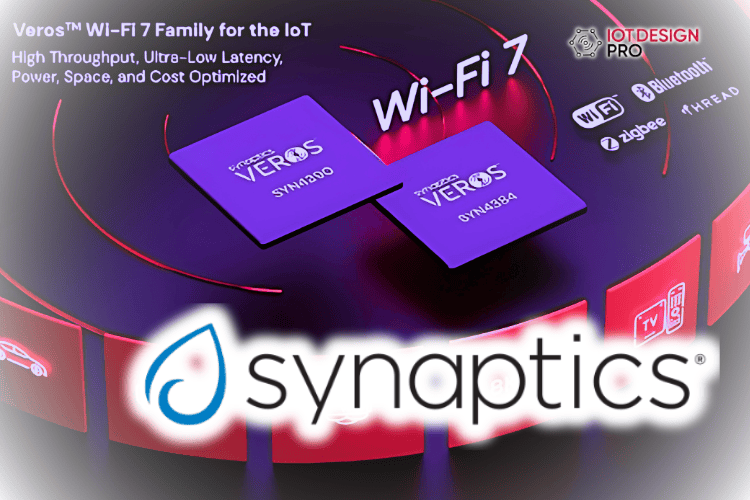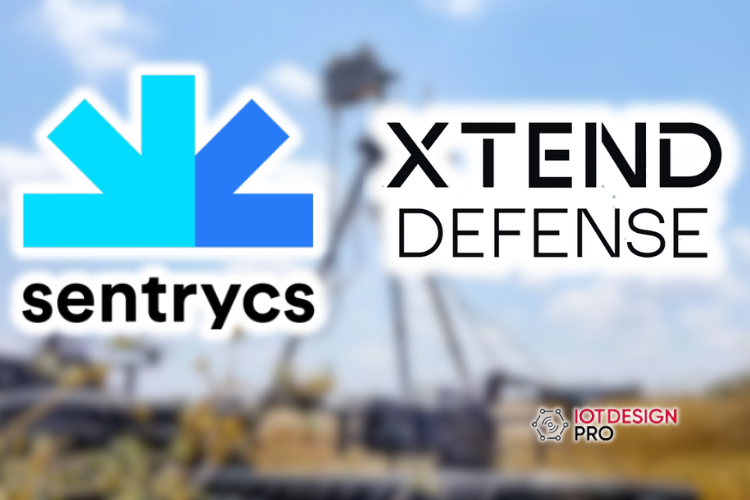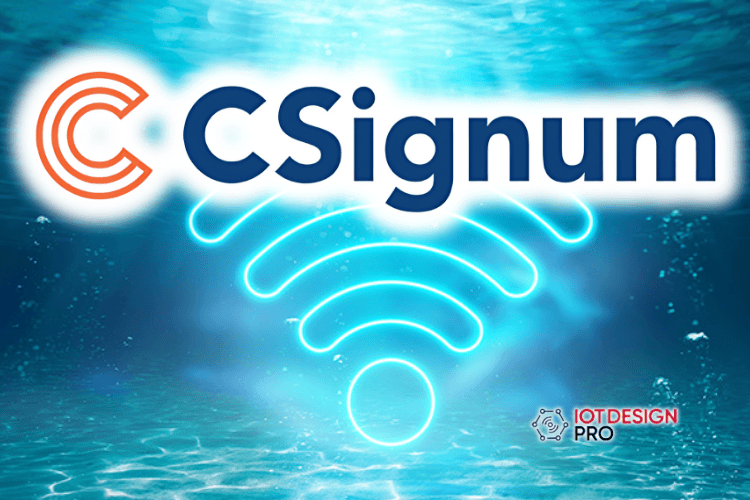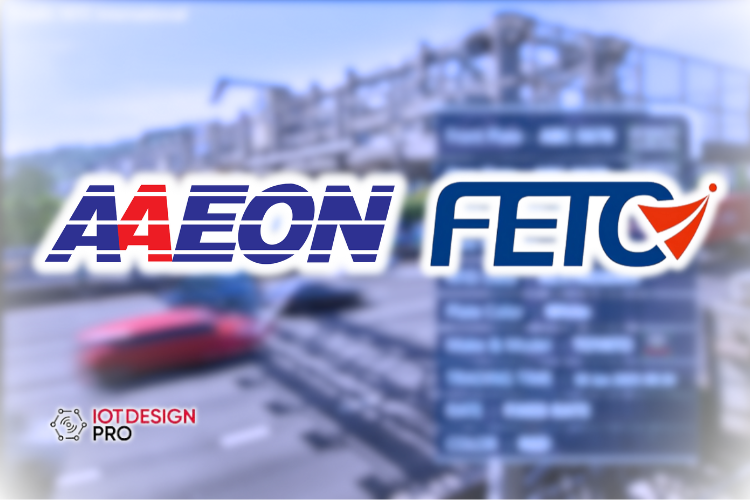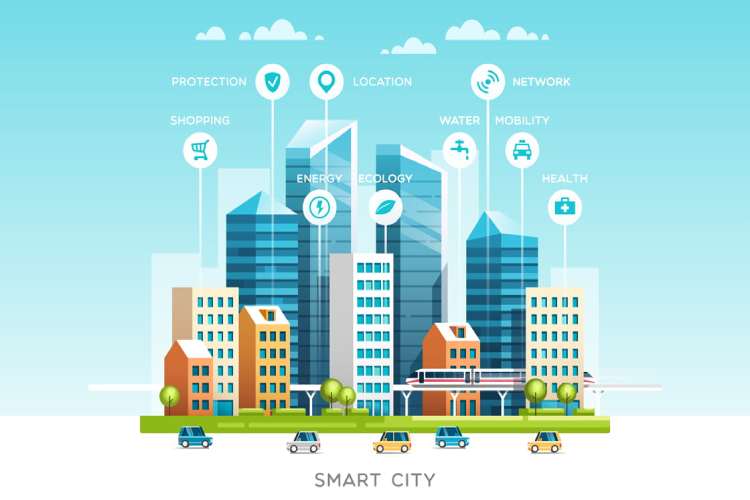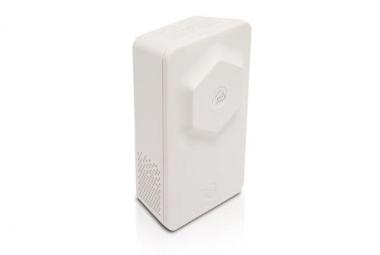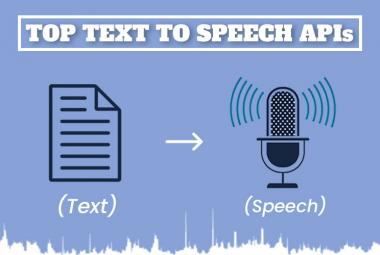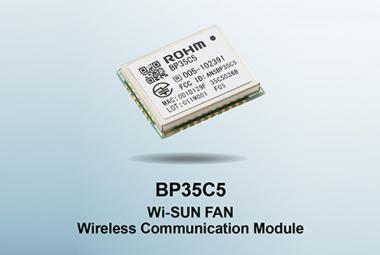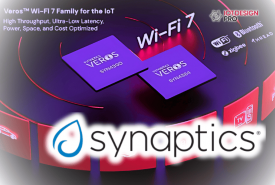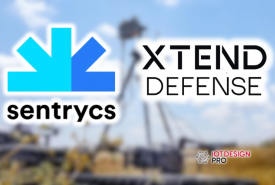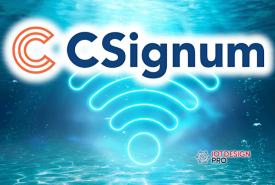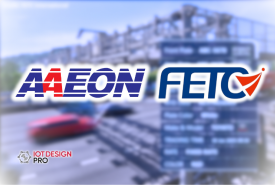Smart transportation systems, on the other hand, have the ability to provide people a better life and sustainable environment
On Sep 27, 2023President of India Droupadi Murmu has set in motion the National Smart Cities Convention in Indore-Madhya Pradesh, which has been spearheaded by the Urban Housing and Urban Affairs Ministry. According to the ministry, the event would witness 2,000 delegates from 100 cities at least.
Scores of cities are likely to share the new-fangled innovations of smart city ventures during the event and moreover, the cities will also be awarded who performed stupendously in this aspect. Back in 2015, the ambitious Smart Cities Mission was launched by PM Modi and around 100 cities were hand-picked for further development in regards to various technologies.
The Union Housing and Urban Affairs Ministry has further notified that the primary goal of this event is to boost various cities that offer state-of-the-art infrastructure and cutting-edge quality of life to their citizens and also a spic and span sustainable environment. Apart from that they will also be judged on various top-notch technology solutions they provide to their people. Moreover, IoT coupled with other top-notch technology has helped increase the volume of smart cities in 2023.
Earlier, the term smart cities in India seemed to be futuristic, which has turned out to be a reality in the country in a very short span of time, which has also transformed the lifestyle of the people and their daily activities. According to an exclusive report of IndiaTV, Suren Goyal, partner at RPS Group, technology has its own influence in smart cities that are built with sustainability in mind. Urban regions' carbon emissions are reduced through environment-friendly infrastructure fueled by renewable sources.
Tech experts have further highlighted that transportation is one of the important factors in affecting urbanization and is also the foundation of smart cities. Smart transportation systems, on the other hand, have the ability to provide people a better life and sustainable environment. "To generate real-time traffic insights, smart traffic management platforms use information collected by sensors, GPS units, and social networking sites. This not only cuts commuting hours and consumption of petrol, but it also decreases the negative environmental effects," added Goyal.
Now, autonomous and electric vehicles are also becoming a regular part of urban life, revolutionizing the way people travel in the cities. The optimistic scenario is that when technology is associated with transportation, it can supervise and perk-up traffic jams and urban mobility.

